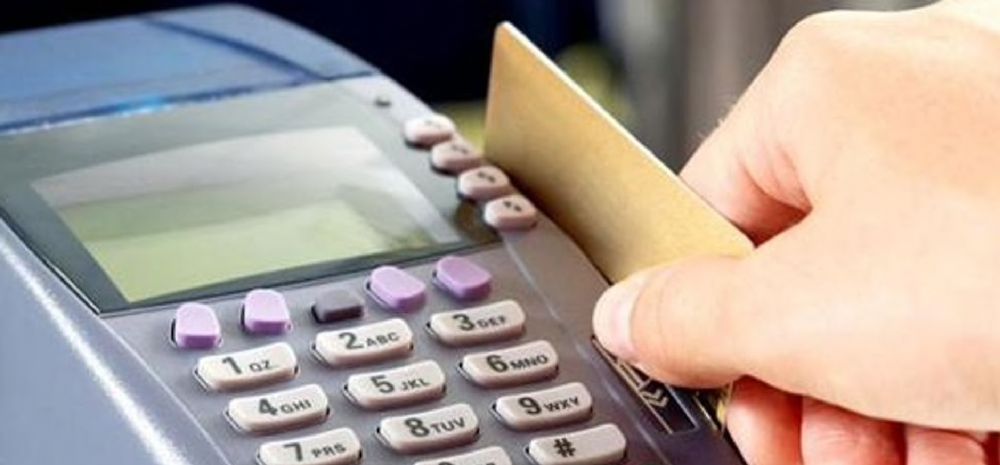SBI, NPCI Oppose Zero MDR For RuPay, UPI Payments; Seeks Equal Treatment For Visa, Mastercard

As per the reports, the State Bank of India and National Payment Corporation of India (NPCI) have asked the government to ensure equal treatment of RuPay debit cards including Visa and Master-card on the processing charge waiver.
Contents
How Did This Happen?
While giving more information on the subject, banks claimed that it would otherwise put them in an unfair position.
SBI and other state-run banks are the main issuers of RuPay card in the country.
According to the news the banks fear that the government’s decision to scrap processing charges on transactions would cause them revenue loss.
What Does NCPI Suggest?
NCPI strongly believes that this would disincentive banks to issue RuPay cars and they would prefer international rivals over home-grown payment gateway.
NCPI also asked for keeping RuPay outside the ambit of zero-merchant discount rate (MDR) scheme in its letters to Finance Ministry and the Cabinet Secretary.
While considering the UPI transactions, which have also been made cost-free for merchants processing digital payments from January 1.
NCPI asked the government to come up with a framework to compensate banks for the lost revenue.
According to NPCI estimation, this compensation could cost approximately Rs 2,000 crore for FY21.
Why Would This Happen?
The projects like National Common Mobility Card, RuPay credit card and RuPay globalisation could be adversely affected if the government doesn’t provide any assistance as per the NPCI.
Apart from this SBI has also asked for extending MDR waiver to all networks to ensure a level playing field in its letters.
MDR waiver and devising are basically a mechanism to reimburse banks and payment companies for losses incurred while processing transactions.
While MDR is the fee accrued by banks, and is generally levied from the merchants processing transactions.
What Would Happen Next?
Although, the government is contemplating an industry-wide MDR waiver.
The government is also devising a mechanism to reimburse banks and payment companies for losses incurred while processing transactions upon getting feedback from stakeholders.
Presently the MDR charges are capped at 0.6 percent of card-based transactions for payments over Rs 2,000.
An MDR below Rs 2,000 for banks are borne by the Ministry of Electronics and Information Technology.
In October, RuPay cards contributed 33 per cent to volume and 28 per cent to the value of the overall that happened through debit cards according to the latest RBI data.
Many banks and payment companies have raised their concerns with the Finance Ministry after its announcement to waive MDR on RuPay cards.
The banks and companies also claimed that this move is not only discriminatory but also creates obstacles in achieving India’s goal of becoming a cashless, digital economy.

Comments are closed, but trackbacks and pingbacks are open.